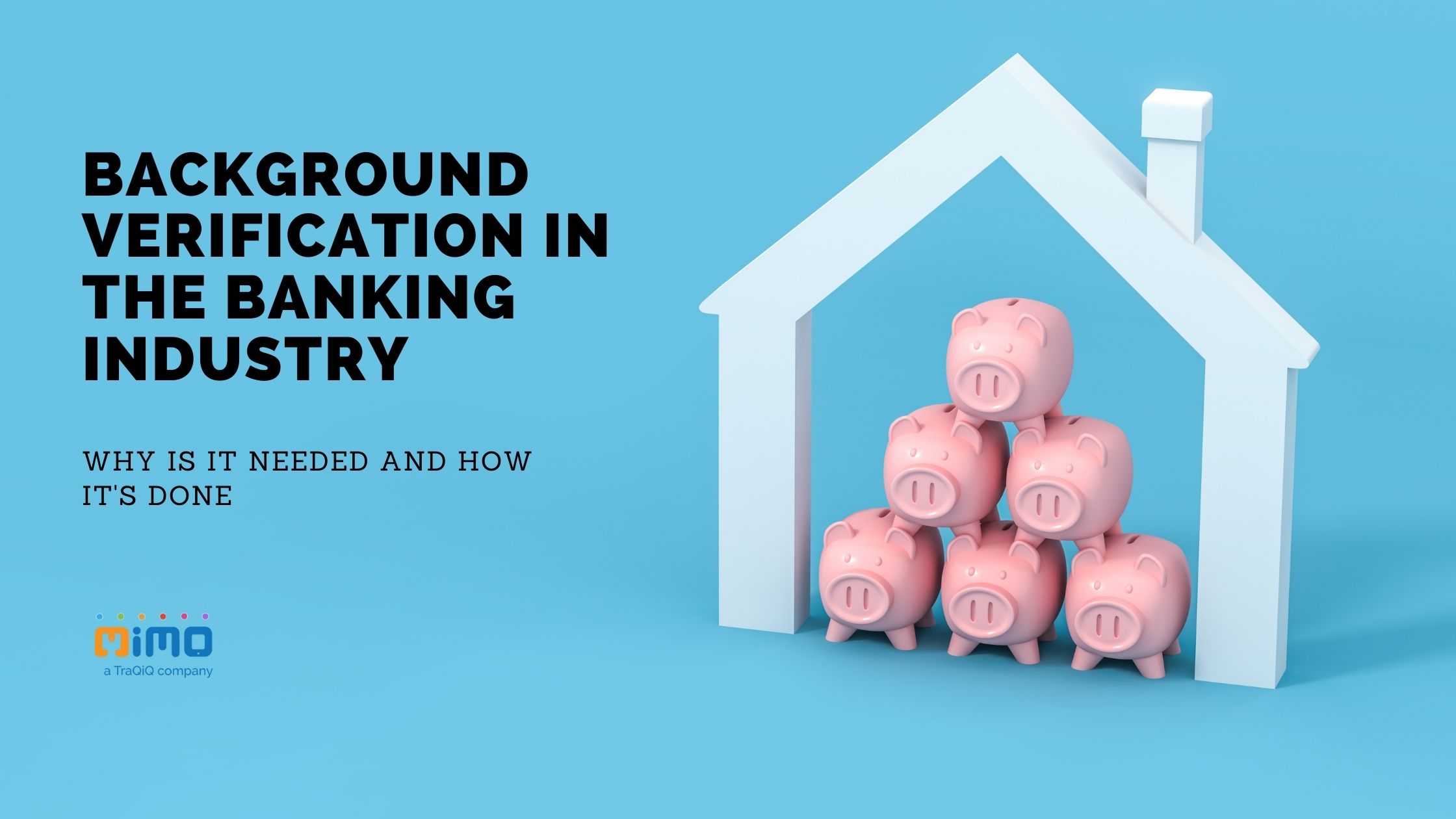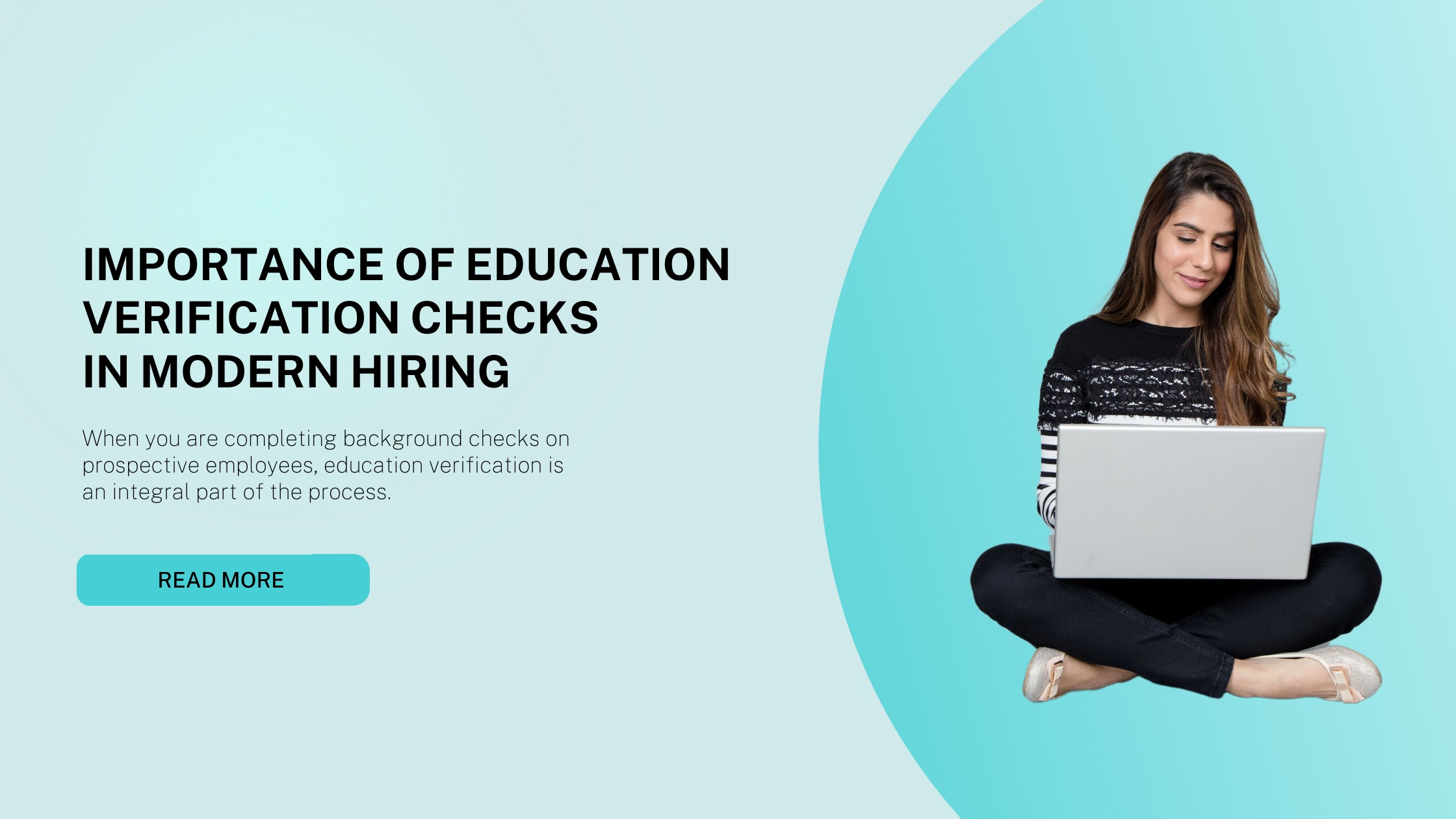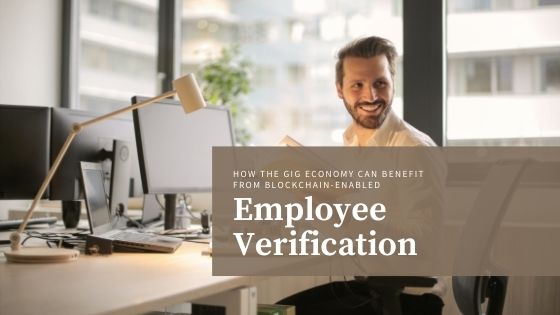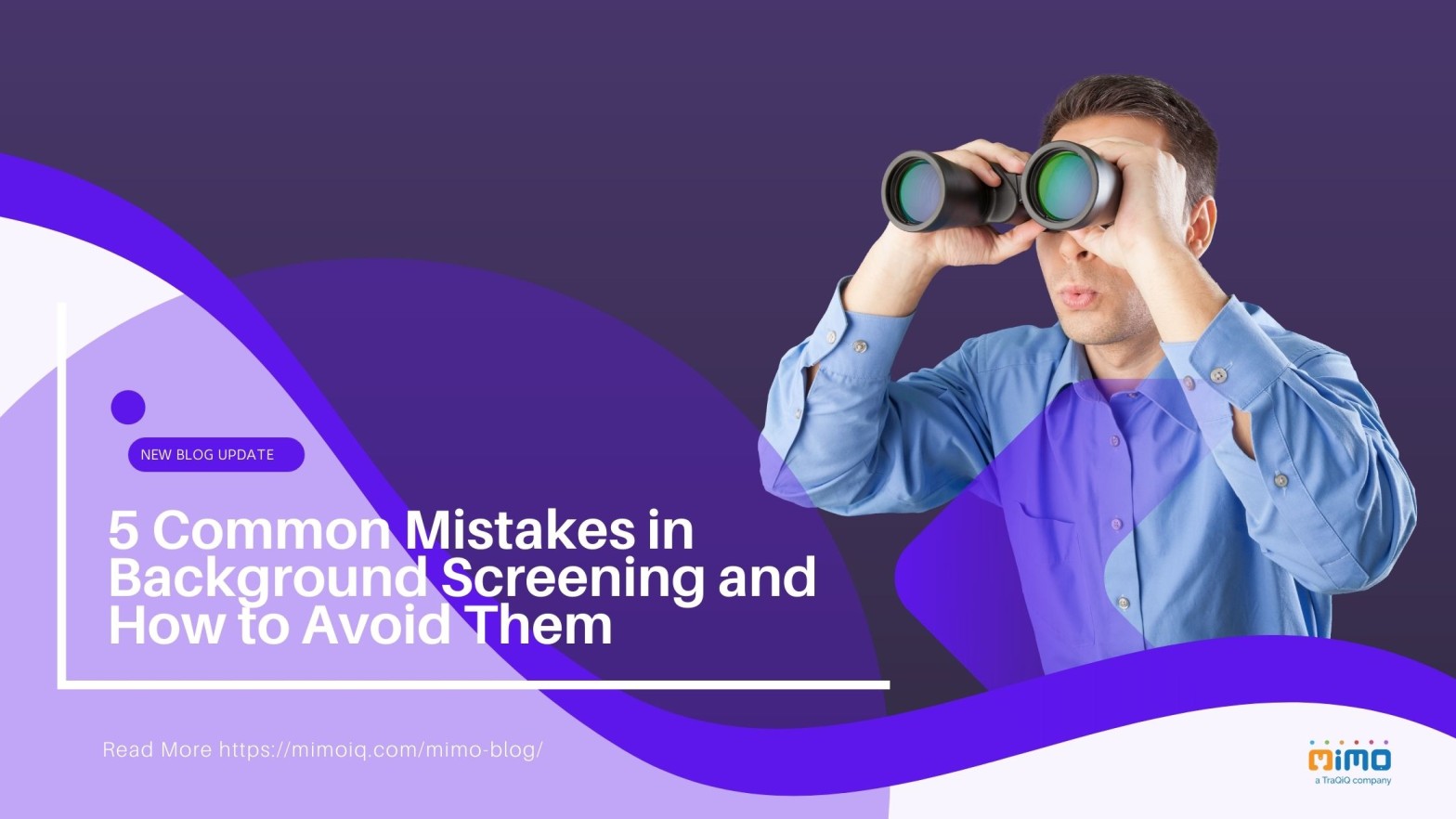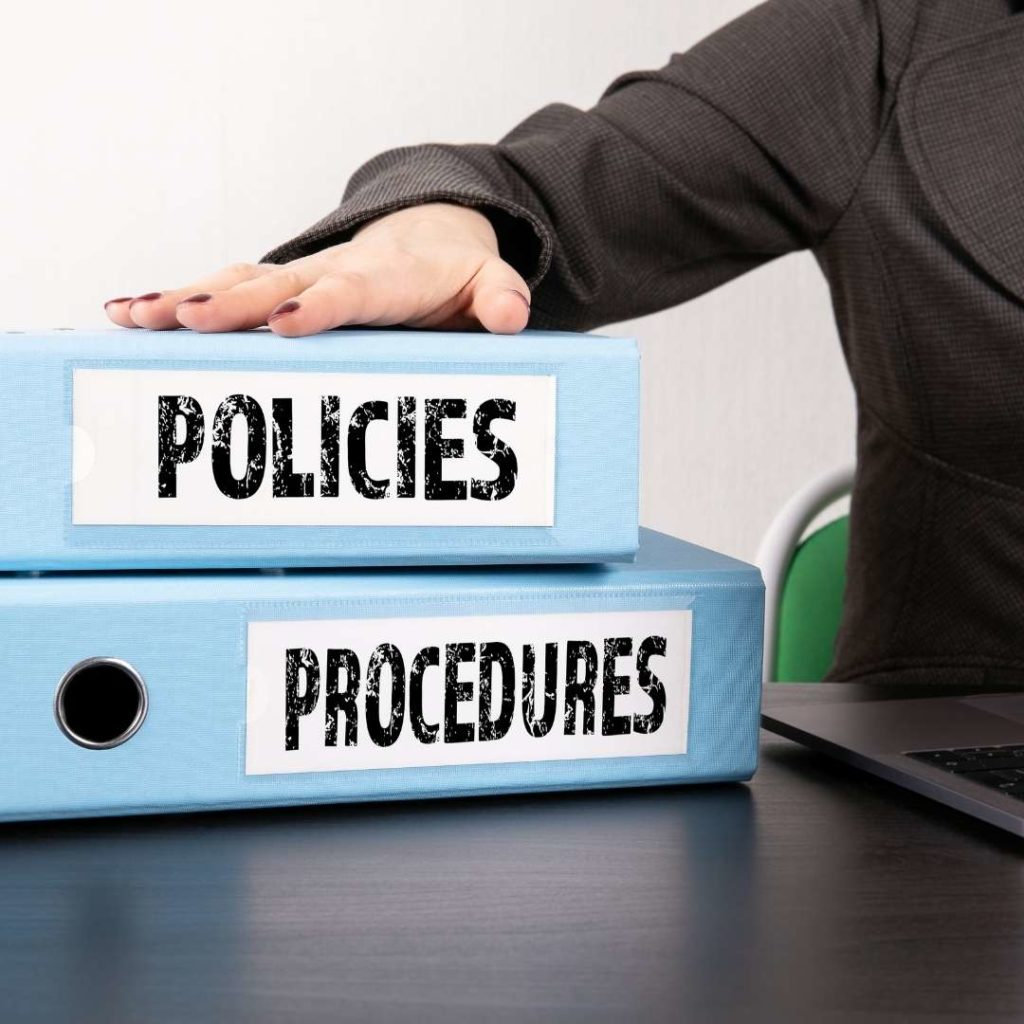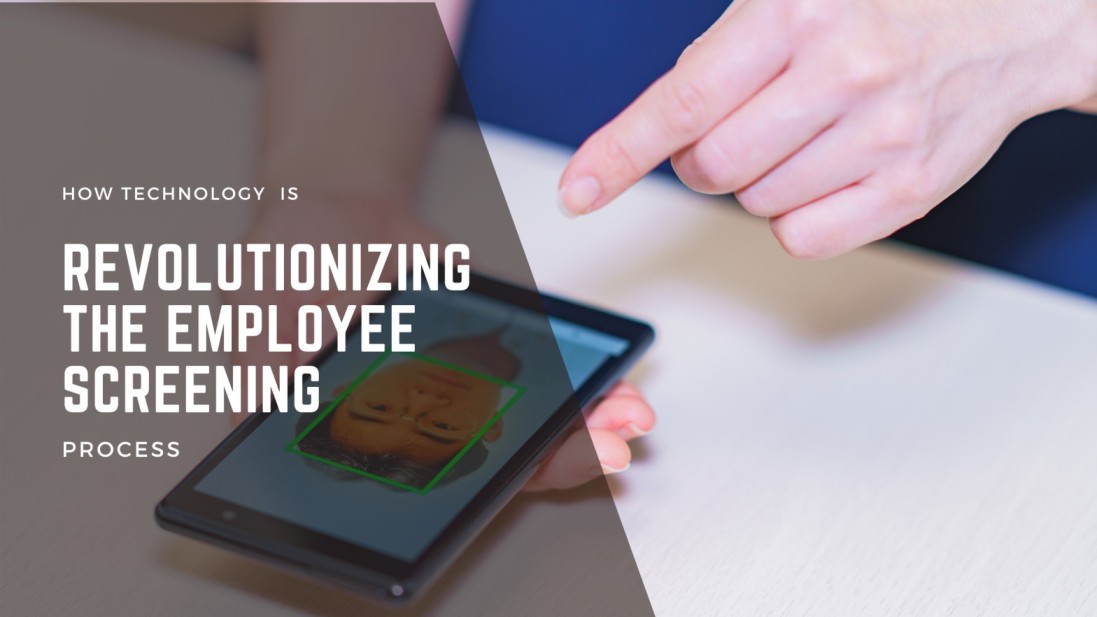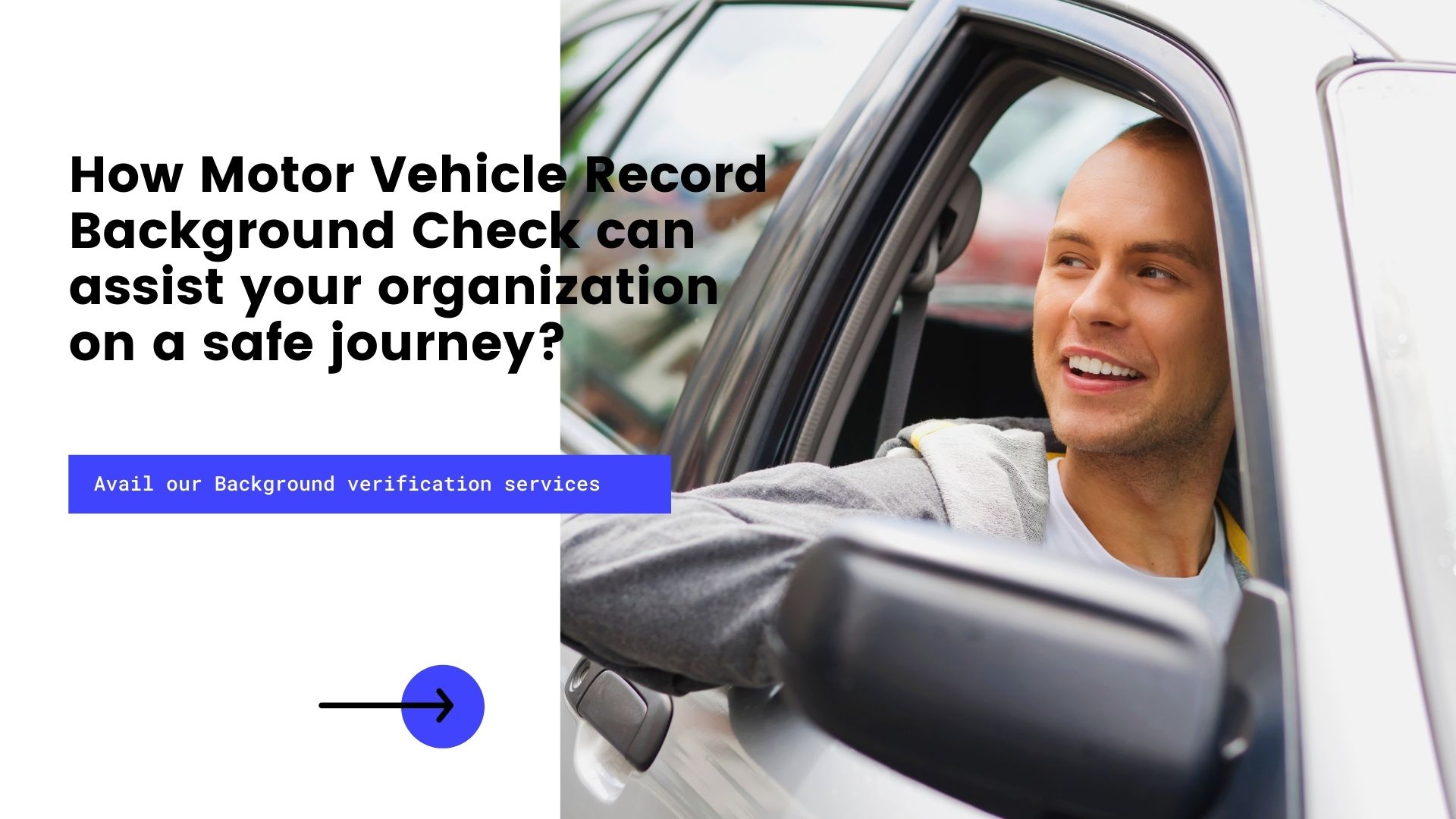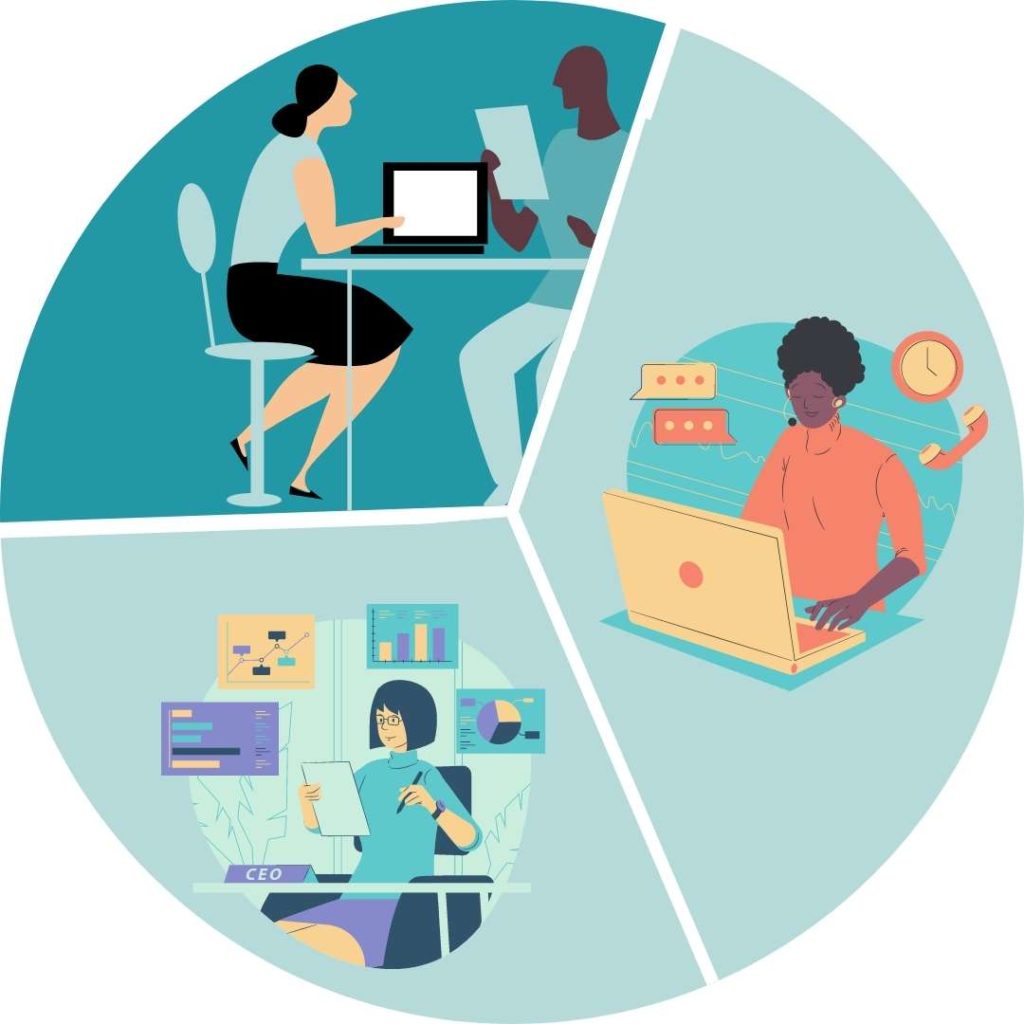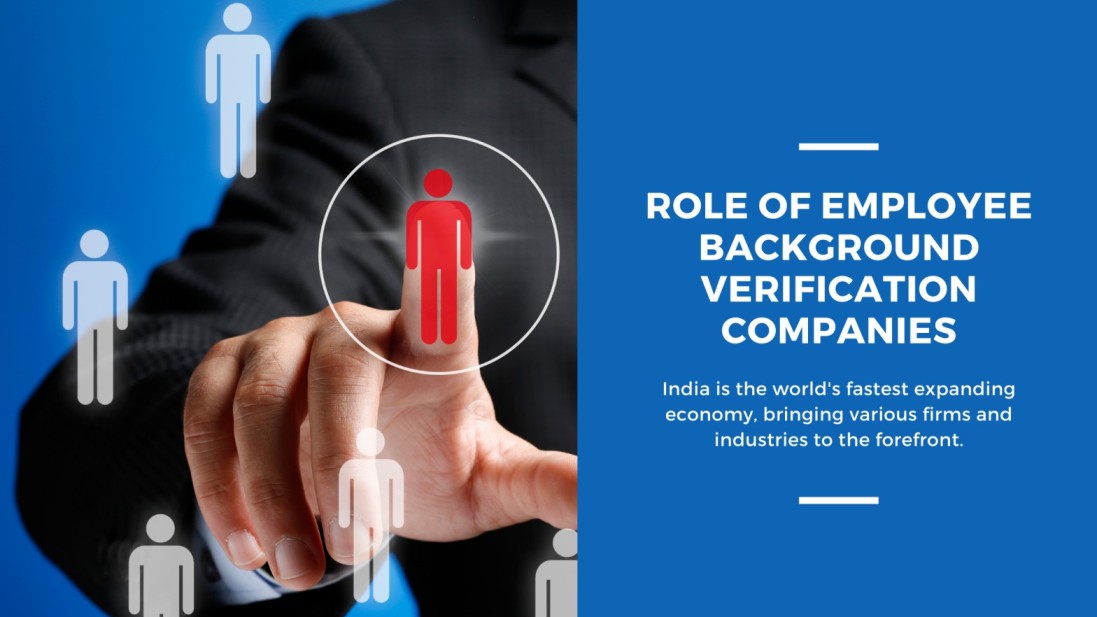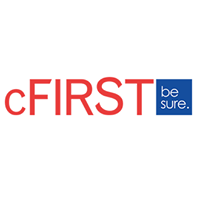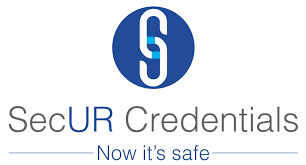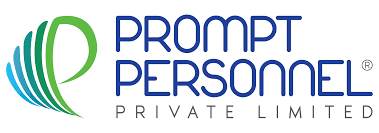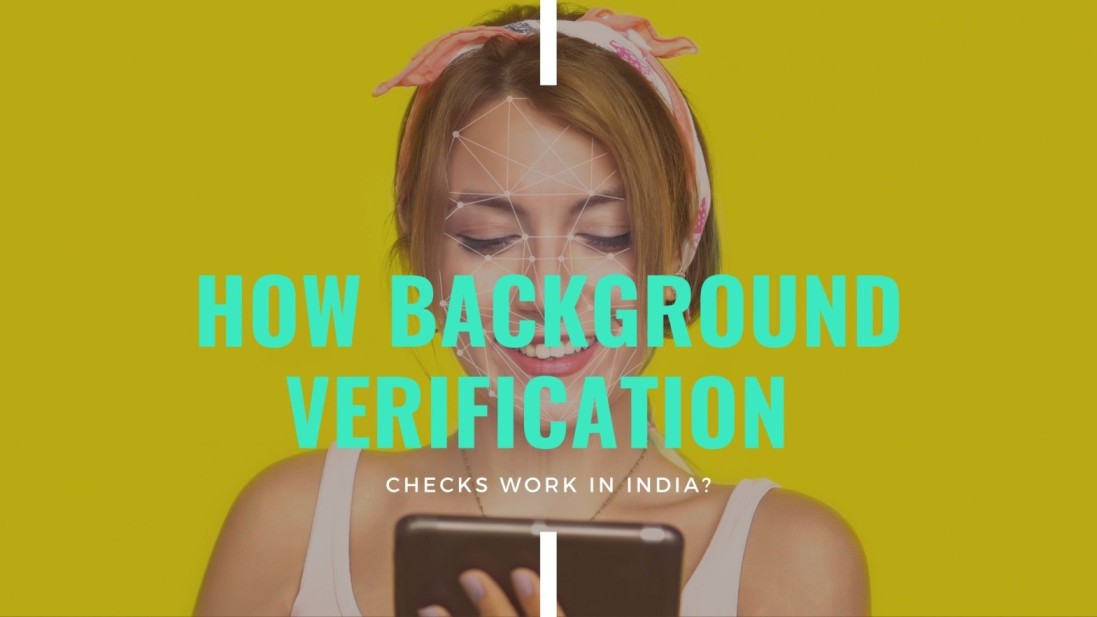
8 Best Practices for Effective Vendor Due Diligence
Vendor due diligence processes differ depending on the firm, industry, and geography. Due diligence measures are mandated by some regulatory agencies, and other industry associations have developed standardized procedures. Furthermore, depending on the type of vendor being evaluated, requirements may alter. While there is no uniform standard, there are some pieces of information that all procurement and risk professionals should collect while conducting vendor due diligence and establishing their vendor checklist.
This vendor due diligence checklist serves as an overview of the types of information that should be considered when making procurement decisions. Although not every item on this list is required, the more you complete it, the better prepared you will be to manage risk during the vendor selection process.
Table of Contents
What Is Vendor Due Diligence and How Does It Work?
Prior to onboarding with a new vendor, supplier, or other third party, you should undertake due diligence. The due diligence process should evaluate a vendor’s financial and operational soundness, as well as any potential dangers they may pose to your company.
Third-party providers represent a variety of
- Hazards
- Including data security
- Operational risk
- Supply chain interruptions
- Regulatory issues
A rigorous vendor due diligence approach that allows for risk-based vendor selection can substantially speed up vendor onboarding while reducing the danger of a catastrophic disruption or data breach. Contract review, vendor-completed assessments, and external information gathering on the target organization and its subcontractors are frequently part of the due diligence process. All of this is eventually measured against the risk tolerance of your company. Although vendor due diligence is not a “one-size-fits-all” process, there are several common pieces of information that can assist an organization build a solid foundation of understanding for its risk profile.
When evaluating a vendor, keep these eight best practices in mind:
Gather information about the company
Begin by gathering basic company information to verify the company’s authenticity and ensure that all compliance requirements and standards are fulfilled. Refer to reputable sources provided by the organization as well as any publicly available information that may have an impact on your organization’s capacity to acquire or engage with a specific vendor. This is also an opportunity to assess employee behavior and knowledge of cyber hazards in order to identify any potential weaknesses, such as those caused by dissatisfied or irresponsible employees.

Examine financial data
It’s critical to evaluate an organization’s financial information before dealing with a vendor to ensure its financially sound and up-to-date on any required licensing fees or taxes. Furthermore, having a thorough understanding of an organization’s growth history can aid in predicting future costs associated with dealing with third and fourth-party vendors throughout time.
Make a list of operational risks
If a vendor in your supply chain suffers a data breach, your company will be held liable for any sensitive customer data that may have been exposed as a result. This is why, in the event of a data breach, all organizations in your network must have a strategy in place, often known as business continuity and disaster preparedness plan.
This strategy details an organization’s methods for resuming normal operations and ensuring effective and transparent communication with the appropriate people. It’s also crucial to analyze the vendor’s function inside your organization so that you can fully comprehend the operational consequences of a third-party data breach and prepare accordingly.
Evaluate the legal risk
Some third-party providers will have access to very sensitive data about your business, clients, and workers. As a result, assessing the legal risk posed by a company is an important element in the due diligence process. If a third-party vendor has a data breach or a controversy, the legal and reputational responsibility will be transferred to your company. This is why it’s critical to start the process by ensuring compliance and identifying any potential legal issues.
Assess the threat of cyber-attacks
It’s critical to manage cybersecurity risk among partners, suppliers, and vendors so that risks may be discovered and addressed before a breach happens. Organizations should look at the vendor’s cybersecurity posture, compliance status, and anti-attack programmes.
Set risk profiles in order of importance
As previously stated, some third-party providers will have greater access to your organization’s network than others, necessitating further monitoring. Vendors should be prioritized based on their level of access, the type of information supplied with them, and the relevance of the service or product provided by the company. This will lead the rest of the due diligence process, as well as inform IT security about which vulnerabilities must be addressed right once in order to have the most impact on risk reduction.
Maintain a constant eye on vendor risk
Risk management for third-party vendors is an ongoing strategy that extends beyond due diligence. As the digital transition continues, the threat landscape is continuously changing, and businesses are continuing to expand their networks. An efficient third-party risk management programme should keep an eye on emerging threats and verify that the vendor’s cybersecurity network is in good shape.

Make the questionnaire procedure automated
The due diligence questionnaire procedure can be time-consuming and draining for IT security personnel that would rather be working on more vital responsibilities. Back-and-forth talks and selecting the next measures for risk mitigation can take a long time. The procedure can be automated with the correct third-party risk management software to streamline operations, assure consistency, and provide complete visibility into a vendor’s cybersecurity network.
Why Are Vendor Due Diligence Requirements Getting Tougher?
Procurement, risk management, and security teams’ vendor due diligence to-do lists have gotten a lot longer recently. Given COVID-19’s impact on third-party operations, as well as other health, environmental, and geopolitical concerns, many firms are going beyond standard IT security audits in their vendor due diligence activities. Information on manufacturing, business continuity, transportation, non-IT items, and other domain areas that make up today’s complicated supply chains is gathered in this way.
Organizations are also conducting additional due diligence on potential providers due to information security and data privacy compliance obligations. In this climate, a data breach may be devastating, especially if financial information or sensitive enterprise information is stolen. Building a strong vendor due diligence programme can help your company decrease its security risk while also enhancing its partnerships.
Three Methods for Conducting Vendor Due Diligence
Whether you’re starting a vendor due diligence programme for the first time or need to improve an existing one, it’s critical to think about your overall strategy. Customers generally conduct due diligence in one or more of the following ways: Whether it’s in-house, shared, or outsourced, there’s a solution for every business.
The DIY Approach to In-House Vendor Due Diligence
Many businesses are attempting to manage vendor data gathering and analysis on their own. Even if your business is well-staffed and funded, DIY due diligence can be a strain if you handle the process with disparate, manual technologies (e.g., spreadsheets).
Making it as simple and pleasant as possible for suppliers to reply to assessment questionnaires is one key to success with an internal approach. A vendor-facing portal for viewing survey completion status, threat intelligence reports, and suggested remediations should also be included in the solution. It should also keep a thorough audit trail for future confirmation of assessments.
Finally, you’ll want to make sure that the solution can trigger workflow tasks automatically based on assessment attributes, risk scores, and recommendations. This will allow you to concentrate more on risk management while spending less time worrying about content collection.
The Network Approach to Shared Due Diligence
When resource-constrained teams need to scale their projects, vendor risk intelligence networks can help. To simplify risk analysis and mitigation, network members and vendors pool their efforts and exchange completed risk material. They provide on-demand access to risk scores and content that is backed up by industry-standard questionnaires. They’re ideal for small businesses looking for benchmark data or larger corporations looking for a simple approach to tier providers and identify those that need further in-depth evaluations.
The Managed Services Approach to Outsourced Due Diligence
Outsourcing third-party evidence collecting and analysis to vendor risk assessment services is a popular choice. Instead of chasing down assessment replies and verifying their accuracy, this technique allows your in-house team to focus on risk identification and mitigation.
This method can reduce risk reduction time-to-value faster. It’s also a good choice for teams with a lot of resources – or those with a lot of internal capabilities.
Conclusion
In M&A transactions, private equity deals, credit underwriting, and financial sales and trading, vendor due diligence should offer an accurate assessment of a vendor’s cybersecurity posture and should flag important vulnerabilities. With a complete picture of a vendor’s or acquisition target’s cyberhealth, your company can make confident judgments regarding prospective risks, future expenses, and how to manage and reduce risks on an ongoing basis.
Like this article?
More To Explore

What Factors Should Organizations Consider Before Outsourcing Their Internal Audit Functions?
+91 1141182211 Outsourcing has become a strategic choice for many organizations looking to streamline operations, reduce costs, and enhance efficiency.

Outsourcing Internal Audit: Evaluating the Upsides and Downsides for Your Organization
+91 1141182211 In today’s dynamic business environment, companies face increasing pressure to enhance efficiency, manage risks effectively, and ensure compliance

A Background Verification Guide: Frequently Asked Questions and Their Answers
+91 1141182211 Background verification (BGV) is a crucial process used by employers to ensure they are hiring candidates with accurate


